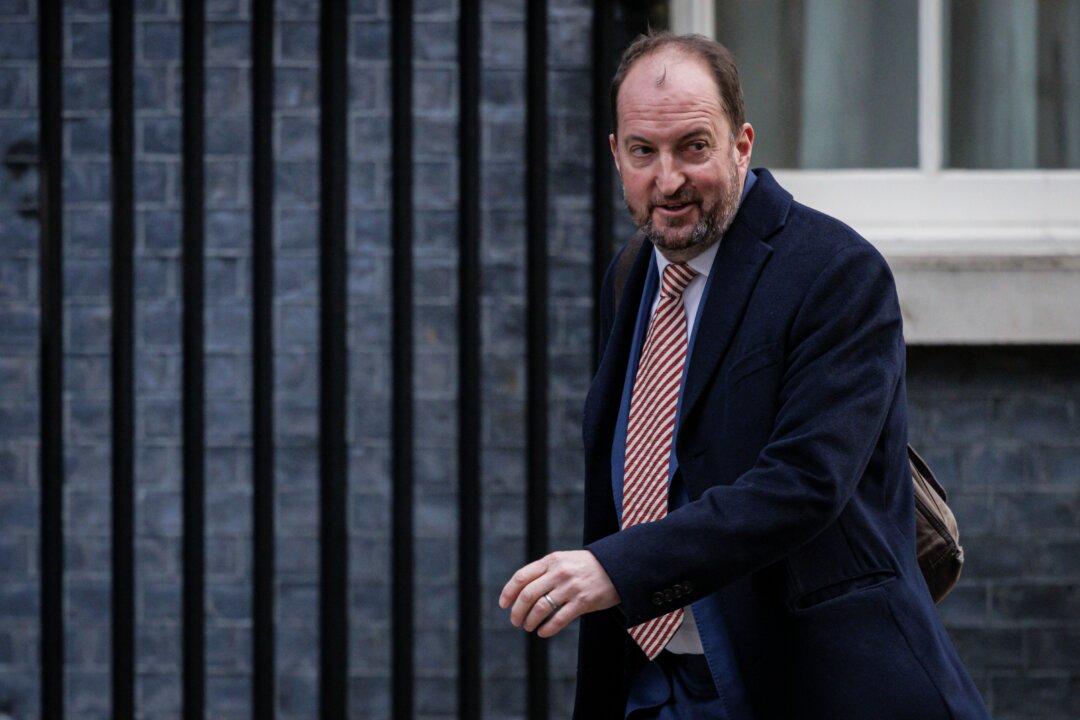The revelation that British Prime Minister Boris Johnson’s new communications chief Guto Harri lobbied Number 10 on behalf of Chinese telecoms firm Huawei raised concerns among MPs, but Downing Street insisted that the lobbying was “within the rules.”
Harri, a former BBC journalist who served as Johnson’s spokesman and chief of staff during his first term as London mayor, was named on Feb. 5 as the prime minister’s new director of communications.





